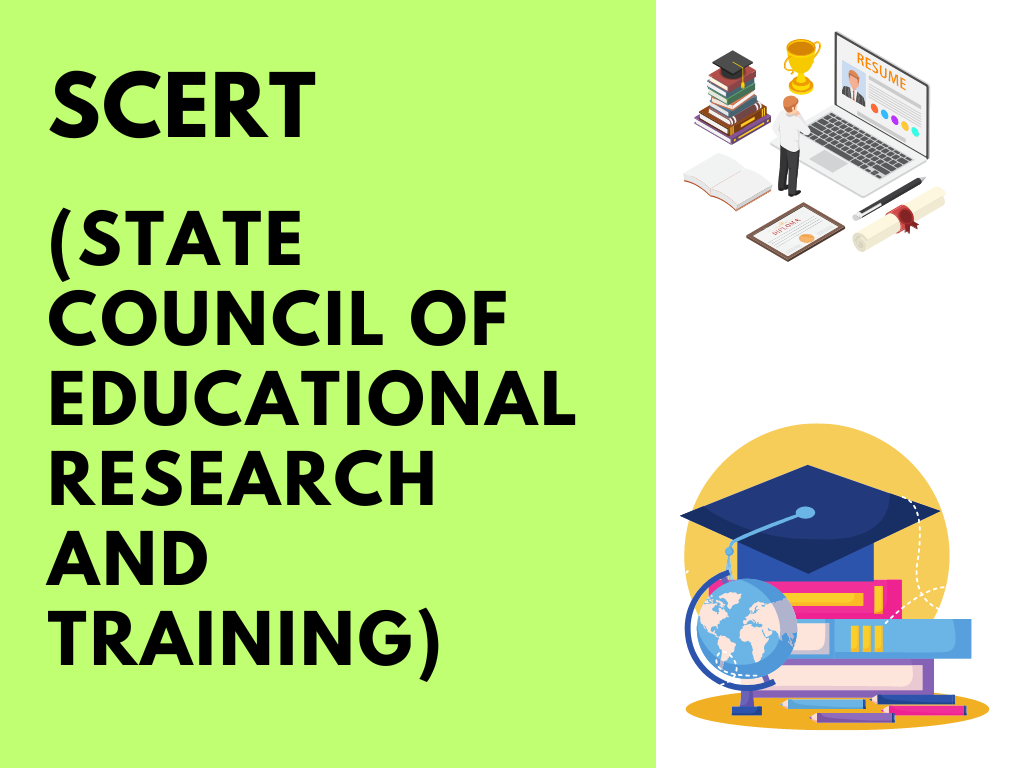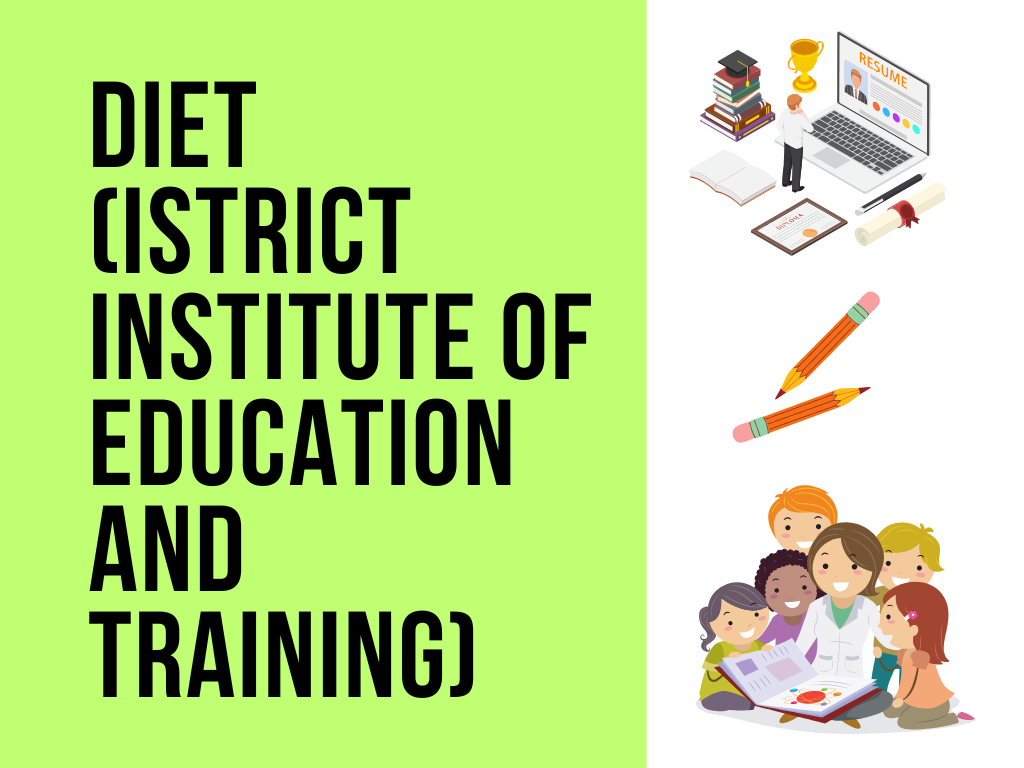The State Council of Educational Research and Training (SCERT) is a prominent educational institution established in various states of India. SCERT plays a vital role in the development of curriculum, textbooks, teacher training, research, and other educational initiatives.
Let’s explore SCERT in education in more detail:
- Mandate and Objectives: SCERT’s primary objective is to improve the quality of school education in the respective state. It aims to achieve this by undertaking the following activities:
- Developing and revising state curriculum frameworks and syllabi.
- Designing and producing textbooks and other instructional materials.
- Conducting research and evaluation studies in education.
- Organizing in-service teacher training programs.
- Providing academic support and guidance to schools and teachers.
- Promoting innovations in teaching and learning methods.
- Collaborating with other educational agencies and institutions.
- Curriculum Development: SCERT is responsible for developing and revising the curriculum frameworks and syllabi for different stages of schooling, ranging from primary to higher secondary levels. The organization ensures that the curriculum is aligned with national educational policies and frameworks while catering to the specific needs and characteristics of the state. SCERT takes into account feedback from teachers, subject experts, and stakeholders in the development process to ensure relevance, quality, and contextual appropriateness.
- Textbook Development: SCERT plays a crucial role in the production of textbooks for schools in the respective state. It ensures that the textbooks align with the prescribed curriculum, are pedagogically sound, and provide comprehensive coverage of the subject matter. SCERT engages subject experts, experienced teachers, and educational consultants to develop and review the textbooks. The organization also focuses on making textbooks visually appealing, interactive, and inclusive to cater to the diverse needs of learners.
- Teacher Training and Professional Development: SCERT conducts various in-service teacher training programs to enhance the knowledge, skills, and pedagogical practices of teachers. These programs cover a wide range of topics such as curriculum implementation, subject-specific methodologies, pedagogical innovations, assessment practices, and classroom management strategies. SCERT also offers professional development courses and workshops to equip teachers with the necessary skills to adapt to changing educational requirements. These programs aim to improve teaching effectiveness, promote professional growth, and ensure the continuous development of teachers throughout their careers.
- Research and Evaluation: SCERT conducts research and evaluation studies in the field of education to inform policy decisions and improve educational practices. These studies focus on areas such as curriculum effectiveness, teaching-learning processes, assessment methods, educational technologies, and innovations in education. SCERT collaborates with universities, educational research institutes, and other organizations to promote evidence-based practices and disseminate research findings. The organization also evaluates the effectiveness of various educational initiatives, policies, and programs to inform future planning and implementation.
- Academic Support and Guidance: SCERT provides academic support and guidance to schools, teachers, and educational administrators. It offers assistance in implementing the curriculum, developing teaching-learning materials, and incorporating innovative practices. SCERT also provides guidance on pedagogical approaches, assessment practices, and educational policies. The organization serves as a resource center for educational stakeholders, offering expertise, advice, and mentoring services.
Overall, SCERT plays a crucial role in the development and improvement of school education in the respective state. By focusing on curriculum development, textbook production, teacher training, research, and academic support, SCERT contributes to enhancing the quality of education and promoting effective teaching and learning practices.
Also Read: DIET

Also Visit: Prep with Harshita



